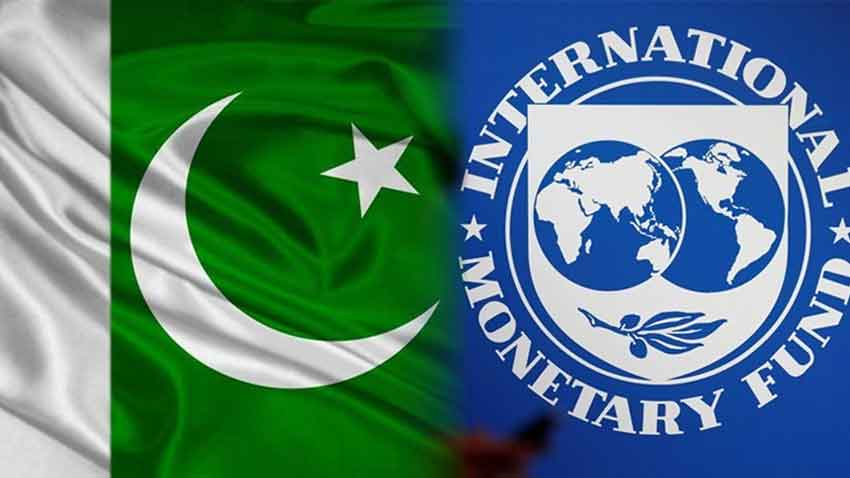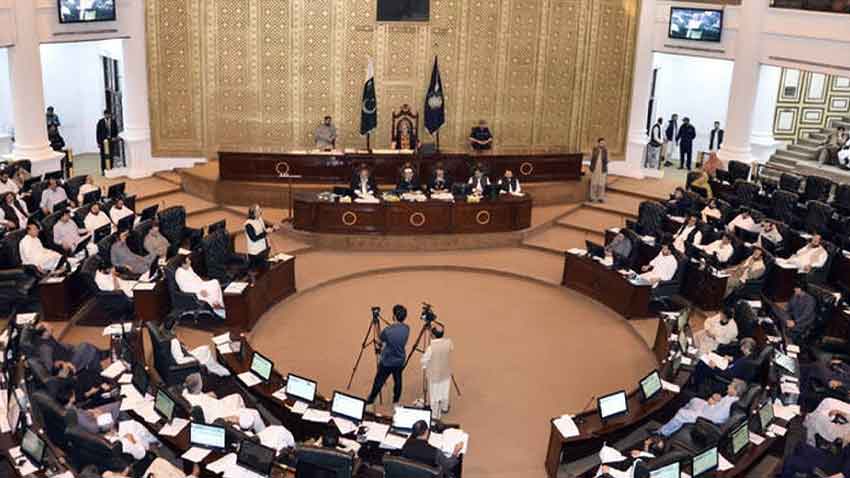
The move is part of Pakistan’s ongoing economic review negotiations with the global lender.
According to official sources, the IMF had demanded greater transparency in government operations, including public disclosure of senior officers’ assets. The condition has now been formally accepted as Pakistan pushes to unlock further financial support.
The Federal Board of Revenue (FBR) has issued a draft amendment to the Sharing of Declaration of Assets of Civil Servants Rules, 2023. The new changes replace the term ‘civil servants’ with ‘public servants,’ expanding the scope of the rules to cover a larger segment of government officials.
Under the proposed amendment, all officers from grade 17 to 22 — including those serving in federal and provincial governments, autonomous bodies, public corporations, and government-owned companies — will now be required to declare their assets publicly.
However, the FBR clarified that individuals exempted under the NAB Ordinance 1999 will not fall under this new definition. The notification further states that feedback from relevant stakeholders must be submitted within seven days, and any response after the deadline will not be entertained.
Read more: Ali Amin Gandapur decides to resign as KP Chief Minister, Sohail Afridi to replace him
The FBR explained that the amendments aim to “enhance transparency and administrative clarity.” The draft has been prepared under Section 237 of the Income Tax Ordinance, 2001.
Why the move matters
This decision fulfills another IMF condition at a time when Pakistan is struggling to stabilize its economy and maintain fiscal discipline. Making high-ranking officials’ assets public could strengthen international trust but may also stir unease among bureaucratic circles.
Political analysts suggest the move signals Pakistan’s willingness to meet IMF transparency benchmarks — though it might expose hidden financial interests of top officials, inviting both praise and controversy.




